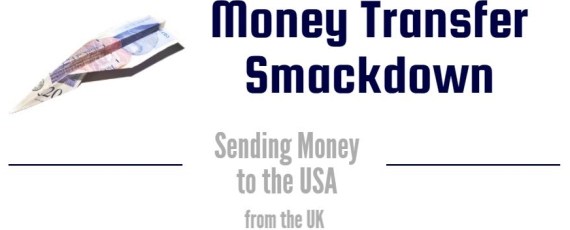
If you’re reading this article, you are likely one of the millions of Americans living overseas who didn’t realize that you must file US tax returns each year and you’ve gotten behind. We understand you may be concerned but we’re here to help you wade through the murky waters of US expat tax compliance! Here are the 5 reasons you don’t need to stress about being behind on your US expat taxes.
- You are not alone.
Millions of Americans in the same boat. You are not deceitful tax dodgers, simply innocent people who lacked important information about your US filing requirements. Even though it has always been a requirement to file, regardless of where you live, for many years the IRS was not actively enforcing the rule. However, with the recent initiatives to recover ‘outstanding tax debts’ and force tax evaders to come clean, that lenient approach has faded away. So while it’s important that you get caught up now that you know, there are ways to do that without incurring unnecessary penalties and fees.
You may have even known you should be filing but didn’t think it was overly important (or enforced). So long as you weren’t hiding assets purposely, you may remain ‘innocent’ in the eyes of the IRS. However it is important that you get caught up voluntarily and not wait for the IRS to contact you!
- The IRS DOES understand.
It may surprise you, but the IRS is actually quite reasonable when it comes to those who were unaware of their filing requirements as expats. They created a program to help taxpayers in your situation become compliant—the Streamlined Filing Procedures. With the Streamlined Procedures, you file your last three years’ tax returns and last six years of FBAR (Foreign Bank Account Report). When you do so, you must certify that your lack of filing was non-willful—meaning, you weren’t hiding assets in order to avoid US taxes. While many expats are hesitant to become compliant because of the possible penalties, last year the IRS waived all late-filing and FBAR penalties under this program. That’s right—they waived the penalties for those living abroad (and significantly reduced the penalties for those who are living in the US).
- FBAR can be filed online.
We mentioned FBAR above and perhaps it needs a bit more explanation. FBAR Form FinCEN 114 must be filed if your foreign bank accounts reached $10,000 or more at any point during the tax year (even for one day). This is an aggregate amount of all your accounts, so if you had $4,000 in one account and $6,000 in another, you must file FBAR’s for both accounts.
FBAR is not filed along with your Federal Tax Return (which must be mailed, not e-filed, if you are behind on your taxes). It is filed online to the Department of the Treasury each year by June 30th (no extensions are allowed). If you are getting caught up under the Streamlined Procedures, you will file still file those FBARs online when you submit to your returns to the IRS. This makes FBAR filing pretty easy—and convenient.
- FATCA isn’t as scary as it sounds.
There has been much media attention surrounding FATCA, Foreign Account Tax Compliance Act—and most of it has been negative. But it isn’t all bad. It simply requires you to file Form 8938 if you have specified foreign assets that exceed certain thresholds. In 2014, FATCA regulations extended from individuals to foreign financial institutions (FFIs) as well. FFIs are now required to report the accounts of their American clients to the US or they face a hefty withholding penalty. In response, many FFIs have cooperated—and others have chosen to stop working with American clients to avoid the high costs of FATCA reporting. That certainly has the greatest potential for a negative impact on expats.
Form 8938 is filed along with your Federal Tax Return (if you are required to report your assets). The thresholds for reporting are as follows:
Single filers: $200,000 on the last day of the tax year or $300,000 at any point during the year
Married Joint filers: $400,000 on the last day of the tax year or $600,000 at any point during the year
- The costs are not as outrageous as you may think.
There are ‘horror’ stories out there about it costing thousands of dollars to get caught up on your US expat taxes. But there are plenty of professional tax preparers who charge much, much less for expats to become compliant. And you can even choose to file on your own! In addition, if you file under the Streamlined Procedures, you won’t even be assessed late-filing or FBAR penalties. Of course, if you owed any taxes for the years you are filing for, you will need to pay those and any interest incurred. But the bottom line is this: don’t let your fear of getting caught up keep you from doing so. If the IRS contacts you first, you will no longer be eligible to file under the Streamlined Procedures and the penalties you may face could be steep.
Filed In:
Contributor:
Sponsored by Greenback Expat Tax
This post was written by David McKeegan, co-founder of Greenback Expat Tax Services. Greenback specializes in preparation of US expat taxes for Americans living abroad. Greenback offers flat fee pricing, a simple online process and expert CPAs and IRS Enrolled Agents who work 100% with expat. For more information getting caught up on your US expat taxes, please contact us today!

